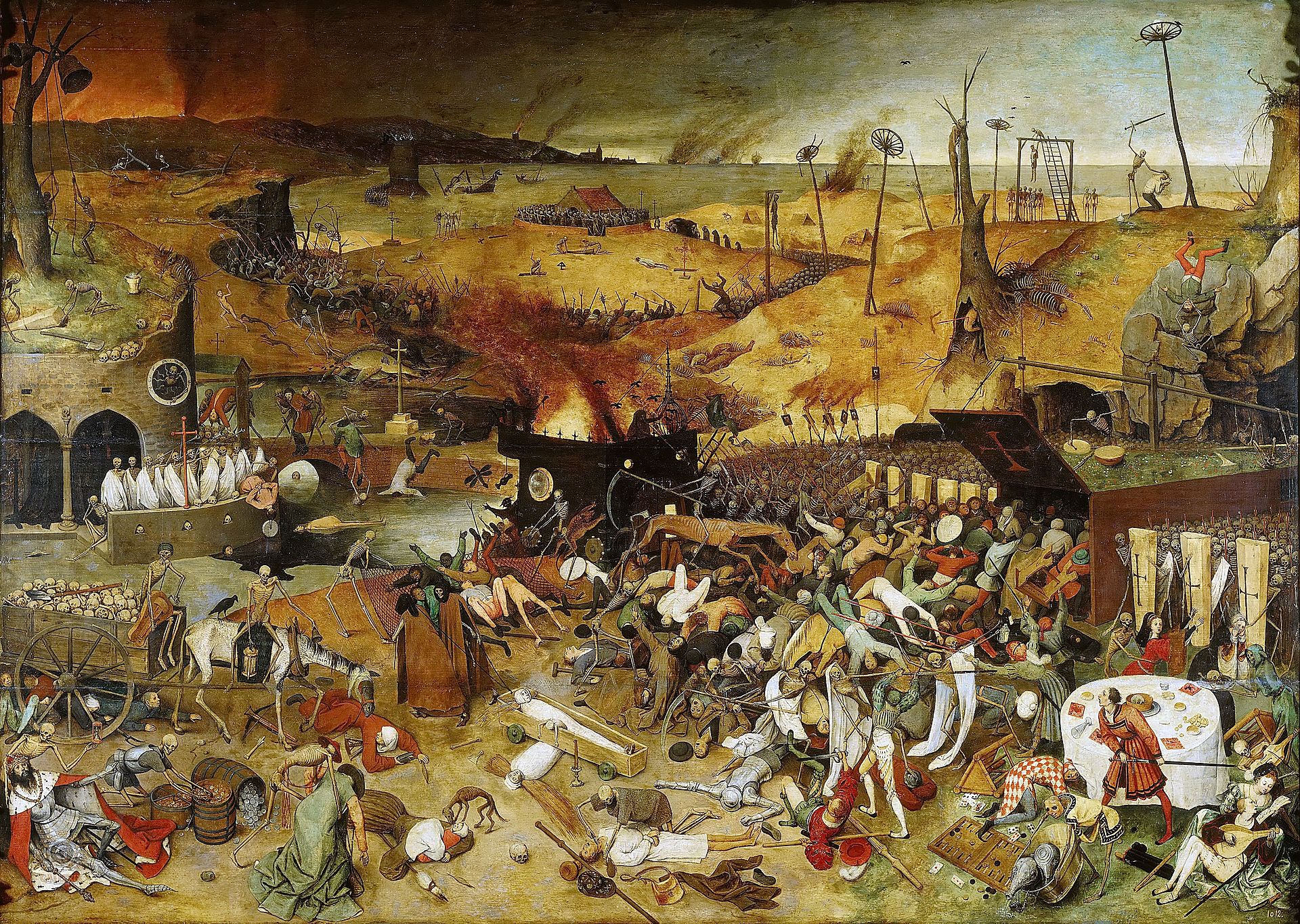Will and passivity, and the crisis of knowing ourselves in the technological age
The contradiction is clear: we move from the Victorian “will power” and rigid ego-control that produced the arid industrial civilization against which the hippies rightly revolt, to a “freedom” that may not be a new expansion of consciousness at all but a making of ourselves over into the image of the machine in a more powerful and subtle form. LSD is talked of as the remedy for a stiflingly nonpersonal civilization of mechanics. But the essence of the machine is that it does something for us by standing between us and nature. And does not the essence of taking a drug have within it the same element of using the machine in that it too renders us passive? Our curious predicament is that the same processes which make modern man so powerful – the magnificent development of atomic and other kinds of technical energy – are the very processes that render us powerless. That our wills should be undermined is inescapable. And that we are told by many people “will is an illusion anyway” seems only a repetition of the obvious. We are caught, as Laing put it, in a “hell of frenetic passivity”….
The kind of consciousness that enables a person to affirm, rather than to destructively fight against, the limitations of the body, as in heart conditions and the infirmities of old age and approaching death, used to be called “spiritual strength.” It was, in its best form, a process of acceptance and reconciliation. This gave certain perspectives and values to the person which transcended the question of whether he lived or died, and made the necessary decisions possible for him. But the spiritual basis for this consciousness is not available in its old form for great segments of our modern secular society. And we have not yet found the new bases for such values and choices.
Particularly with the possibility of replacing bodily organs by artificial ones and the overcoming of nerve fatigue, the choice of how long you are to live may become a very real option. The ultimate decision based on the question, Do you want to live, and if so, how long? – which used to be posed as a metaphysical question on the theoretical basis that suicide is possible – now may become the practical choice for each one of us. How is the medical profession to decide how long to keep people living? Often the answer is that that question must be left to the philosophers and theologians. But where are these philosophers who are going to help us? Philosophy, in its academic sense, is reputed to be “dead” like God; and in any case, philosophy in our day – with the emphatic exception of the existentialists – concerns itself with formal problems rather than with these critical life questions. Now that we have bid goodbye to the theologians at the wake of our dead God, we return to open the last testament and assess the legacy, and we find ourselves bereft. We have inherited a plentiful amount of physical wealth – but almost nothing of those values, and the myths and symbols from which they come, which are the basis for responsible choice.
Rollo May, Love and Will






Leave A Comment